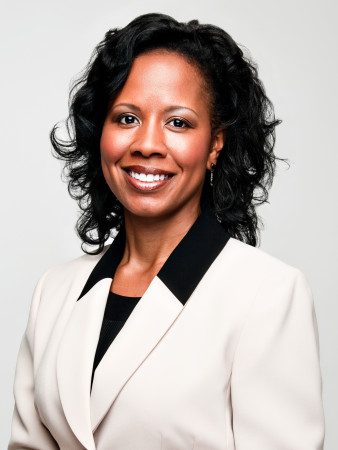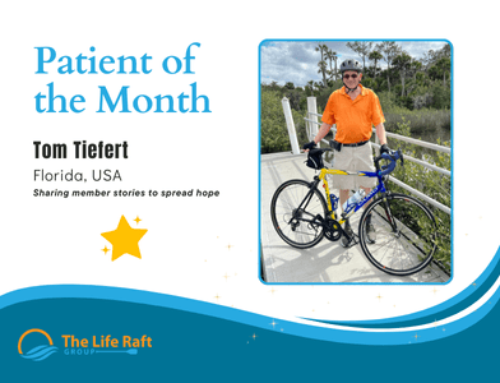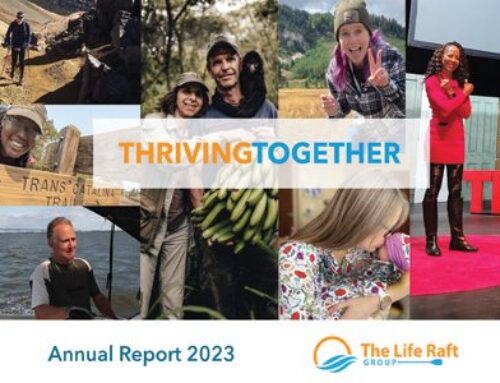 I’ve been struggling to answer that question since I was diagnosed with a rare, malignancy known as gastrointestinal stromal tumor on February 18, 2011. I cannot remember what I am wearing right now without looking down, but I recall every nanosecond of the date, place, time and, well even, the way the ER doctor lowered her eyes before informing me, “You have a mass in your abdomen.”
I’ve been struggling to answer that question since I was diagnosed with a rare, malignancy known as gastrointestinal stromal tumor on February 18, 2011. I cannot remember what I am wearing right now without looking down, but I recall every nanosecond of the date, place, time and, well even, the way the ER doctor lowered her eyes before informing me, “You have a mass in your abdomen.”
I am writing this because my online support group asks everyone to write about their “journey” This is my story. I am a dentist and professional writer. I have been writing books, articles, speeches, poems, and songs since I learned to make my mark. Writing is my preferred form of expression, rivaled only by my ability to talk at great lengths about almost anything. (My friends are nodding and smiling here.) Word play and my sense of humor have been my crutches through 50 years of –isms: sexism, regionalism, racism. I’m not complaining. It ism what it ism. Right?
I did okay in love and life by most measures. Still, I maintain that I didn’t climb a ladder to independence; I climbed a craggy range of mountains with my bare hands and feet, begging for grace every treacherous step of the way. In other words, I don’t give up easily.
I only speak for me but, so far, the disease is the only thing that doesn’t cause me pain. I never felt the mass growing from my stomach 10 cm into my abdomen and metastasizing to my liver. My annual physicals and blood tests did not detect it. In fact, had it not been for an episode of food poisoning, my condition likely wouldn’t have been detected for a few more years.
GIST does not respond to traditional chemotherapy or radiation. I take a brown poison pill called Gleevec every day and hope they find a cure before I die. The side effects, IV’s, and CT scans evoke a mile-long stream of four-letter words, but I struggle to find one adjective to describe the actual cancer despite my above average lexicon.
It doesn’t hurt
When I was around 16 years old, three masked robbers came into the fast food place where I worked. One of them held a gun to my head as he instructed me to put the contents of the cash register into a bag. He didn’t say another word. He didn’t have to. I knew a worker at another store had been killed in a similar situation even though she cooperated with their demands. I wondered if I would suffer the same fate. Should I disobey him and fight? Or cooperate and hope for the best? That’s what cancer feels like.
Why me?
After surgery to remove the primary tumor, I eventually went back to life as anything but usual. I now have laser-like focus on the things I am uniquely qualified to do, such as spending a lot more time with my family and friends. Every day I try very hard to do something meaningful that brings me joy–not satisfaction or praise-but measurable happiness. Every day I try to forget the specter of death pressing the barrel of an illegal assault rifle to the back of my head: an unrelenting robber of my time. Most days, I succeed for several hours until fatigue, nausea, or a friendly hug that lasts 30 seconds longer than it did a year ago becomes a whisper from this menace, “Hey you, I’m still here. I may pull this trigger tomorrow or one-thousand tomorrows from now. Tick tock, Precious.”
Not long ago, everyone diagnosed with GIST simply died. Now, we have treatments, but there is no cure. Everyone I love sees this threat and feels pity for me. I am unaccustomed to this type of attention. It is more painful than the cancer. My goal is to make my family forget what I cannot.
“I have cancer but cancer doesn’t have me.”
I don’t know who said it first. I only know that phrase has become my mantra. Each day I rise is a gift from God, not a pardon from death. There are many wonderful people praying for my survival. There are researchers around the world looking for a cure. Meanwhile, I take my meds and hope my best achievements help more people than my colossal failures harm. I’ve decided that I will not pause and wait for death: she will have to catch me. I am a realist by nature. I have planned my funeral down to the words on my tombstone but I did not die today. So I shall live.
The significance of my story for you, if any, is my plea that you do not procrastinate about that thing you are uniquely qualified to do: the book, the degree, the wedding, or forgiveness, because unlike my cancer, living beneath your potential and being chronically unfulfilled can be cured. I hope cancer can wait, but you cannot.
Live strong.
Monica “Dr. mOe” Anderson is a dentist, speaker, and writer in Austin, Texas. To read more of her work, visit drmoeanderson.com



